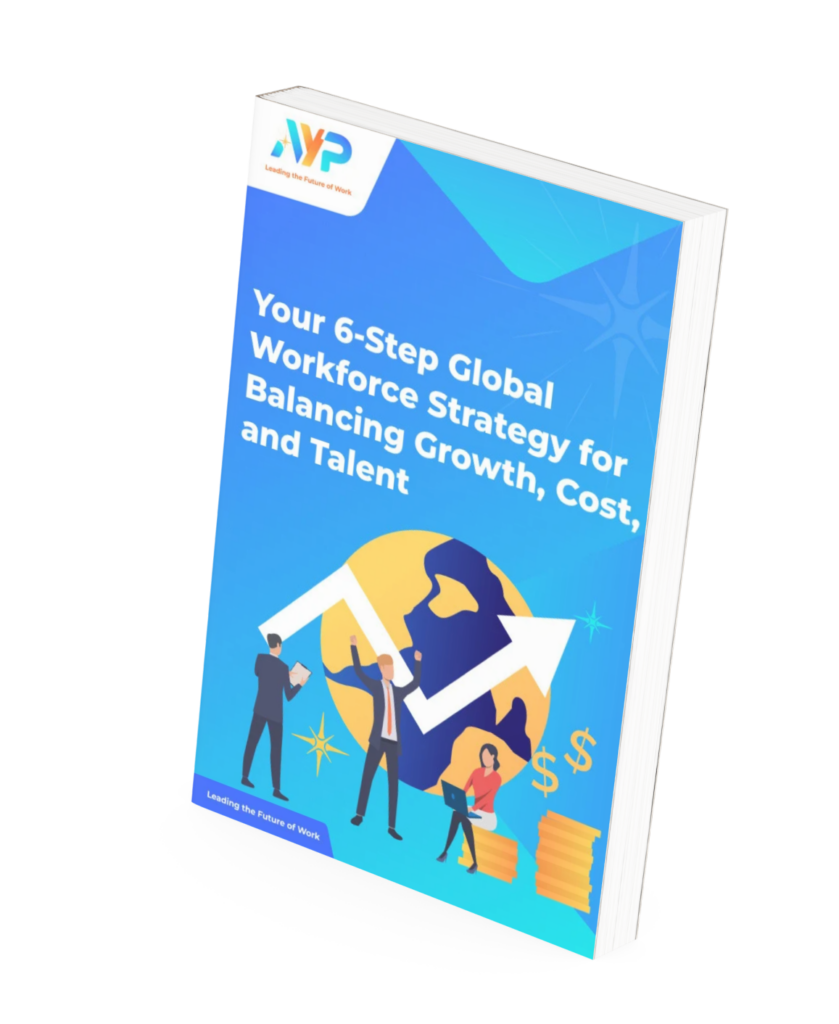Hiring overseas contractors can be a big game changer, so don’t let tax responsibilities get in the way!
The future of work is global. It can be said that most businesses today are no longer limited by geographical constraints and time zones.
In fact, hiring overseas has become a common occurrence with many companies outsourcing human resource management (HRM) to PEO services to help manage tax responsibilities and compliance.
But how do you even begin hiring overseas? Here, we share with you some basic knowledge about hiring overseas contractors and the tax responsibilities that come with it.
Benefits of Entering the Overseas Job Market
Hiring overseas can bring about great benefits to your company. After all, there are a number of attractive benefits that encourage many companies today to transition to a mostly remote workforce.
Here are some benefits your company stand to gain:
- Your company may find it easier to scale globally and expand quickly without any increase in labour costs. By hiring overseas contractors and enabling remote work, you are cutting down on big expenses such as having a central office, travel, electricity, and other utility bills.
- You gain more flexibility in the planning the growth of your company, from hiring global talents to expanding what your company may offer clients.
- By hiring overseas contractors, you may gain new business in different countries and offer hands-on service no matter where your clients are based. It provides you with a competent and scalable workforce for most types of jobs.
Considerations to Make When Hiring Overseas
Hiring overseas can be a big step to take even though remote work is no longer new.
It will require careful planning and your company will have to take into consideration budget demands, workforce management, and how to ensure compliance to local laws and regulations.
Here are some things to look out for and consider:
- Each country has their own regulations regarding tax and labour, and these regulations undergo review and change over time. Depending on the country, companies will need to comply with differing regulations related to payroll and social security.
- Data privacy & security is crucial and necessary. Having the necessary infrastructure and technology to be able to store your employee data safely and securely is key to protecting private and confidential information of your employees.
- Your company may also have to navigate a new language and culture. As such, having local HR representatives would be a key step to developing greater rapport with new country employees.
Outsourcing Compliance to a PEO Service
Now, you might be thinking: hiring overseas contractors sounds great, but how do I reduce the hassle and do it with ease? Well, this is where outsourcing your HR responsibilities and tasks to a PEO service provider can be a major time-saver.
With HR management and workforce solutions to support all types of employees, your company may outsource the administrative tasks and gain only the full benefits of hiring overseas talents.
Featured Content
1. How to hire remote employees from Southeast Asia



